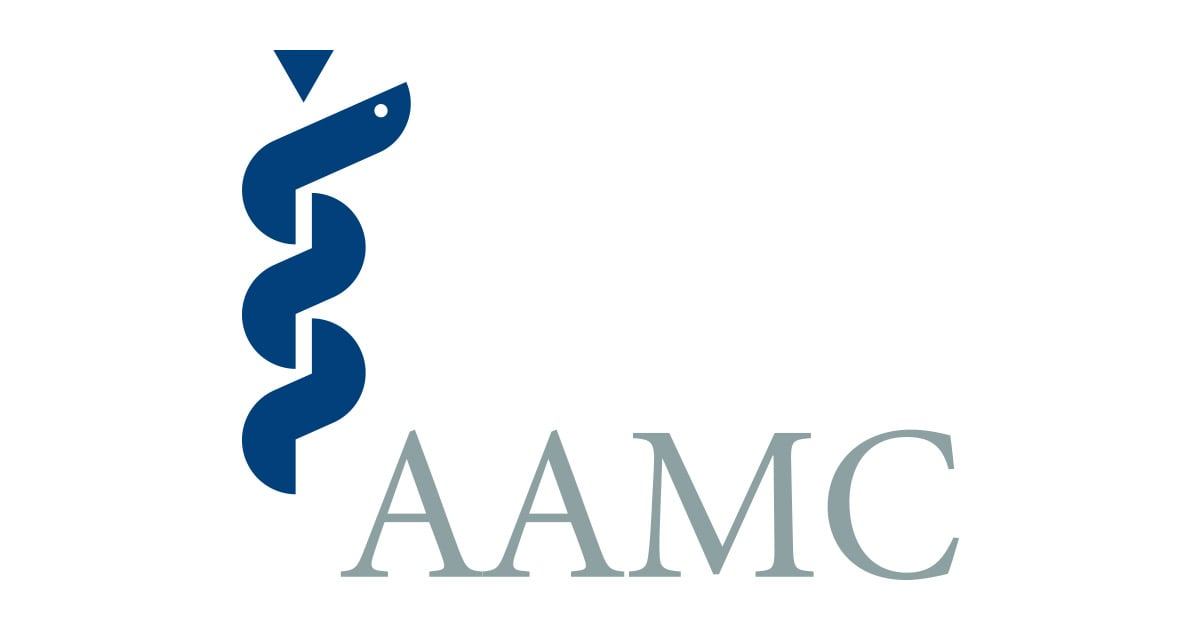Are you saving enough for retirement? This calculator will help you with retirement planning and provide you with an estimate on your future retirement savings.

www.bankrate.com
A new graduate at age 32 starts investing for retirement. He/She is willing to work hard, extra shifts, locums, etc. Total $$ per year invested in the market/equities/bonds etc is $150,000 per year. Assuming a 7% return per year how much will this new grad have at age 65?
$16 million! Many on this board can put away $150K per year and achieve/surpass the top 2% retirement number. Yes, it takes hard work, extra shifts and dedication but it can be done. The power of compounding interest is real and 7% returns can be beaten as well.






